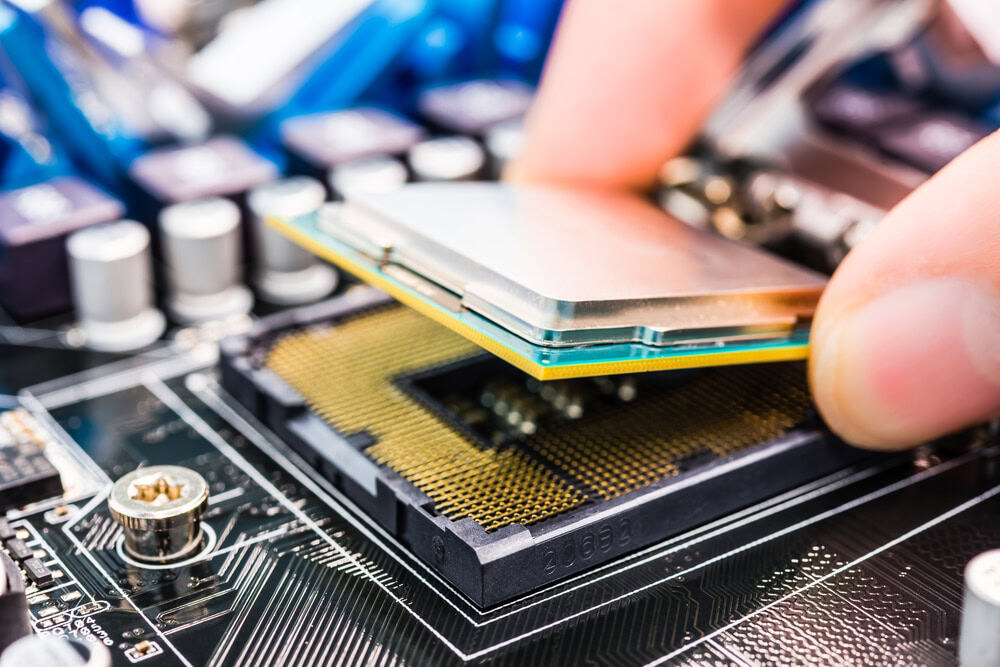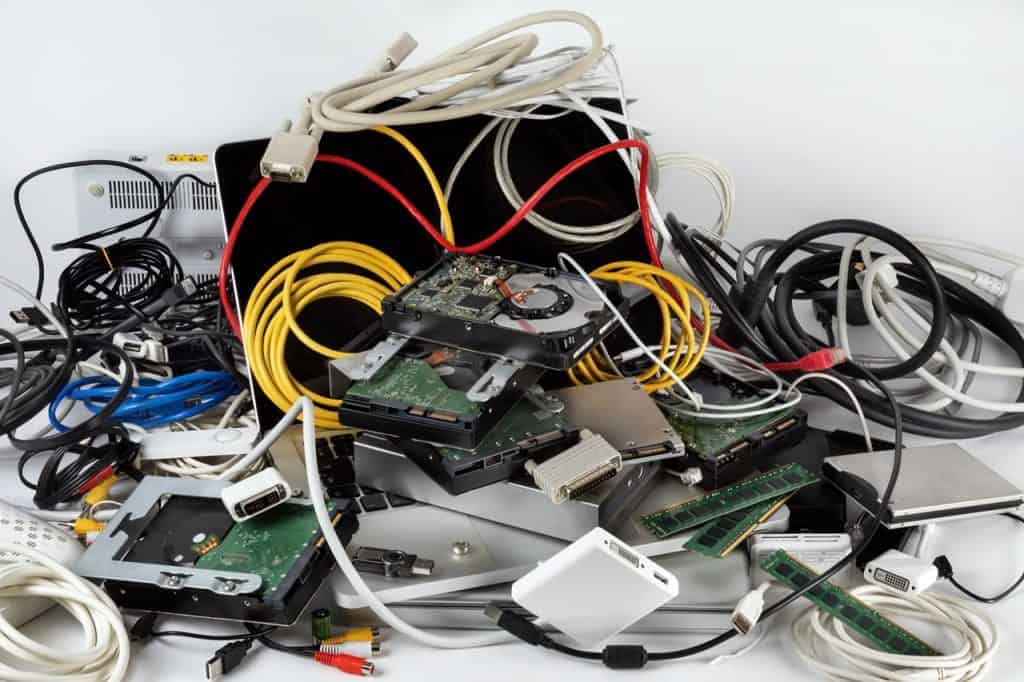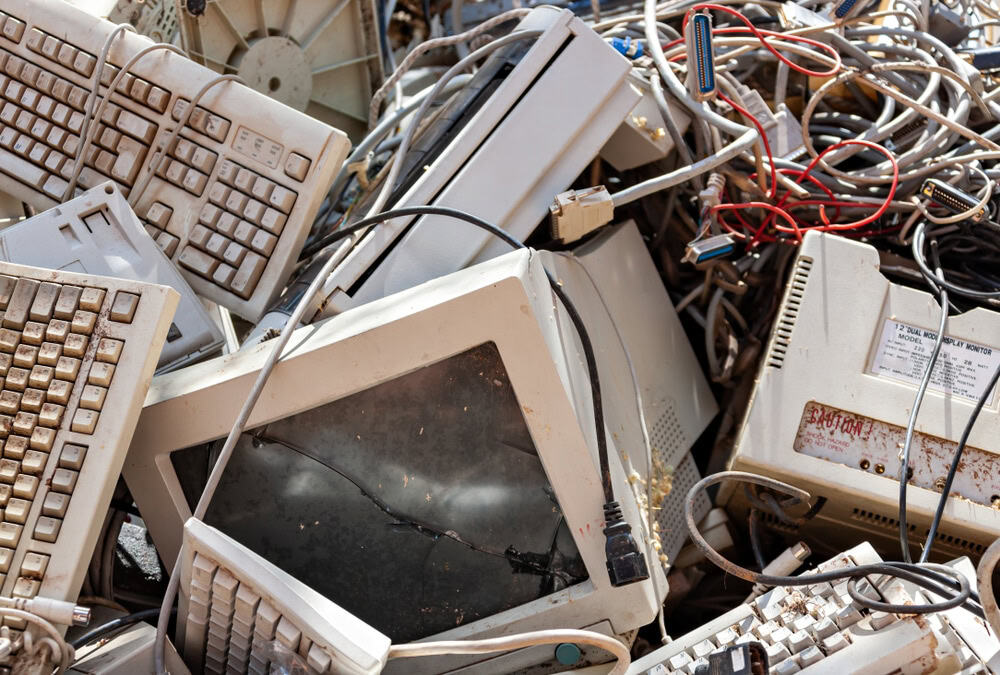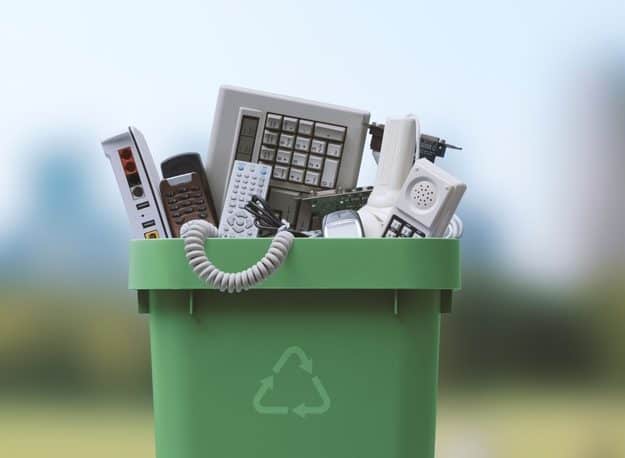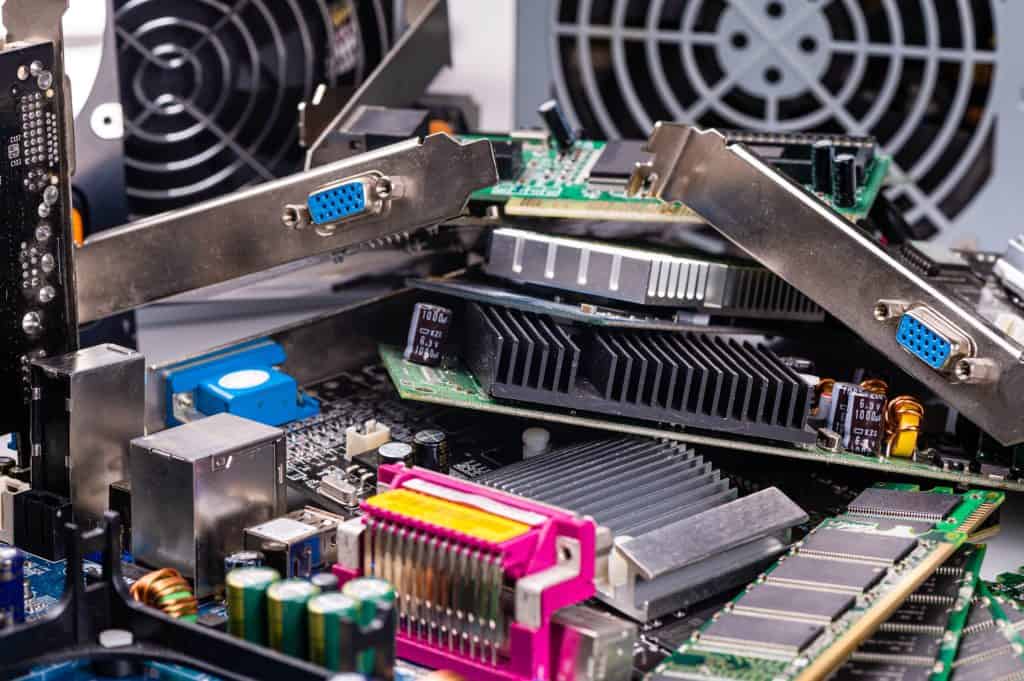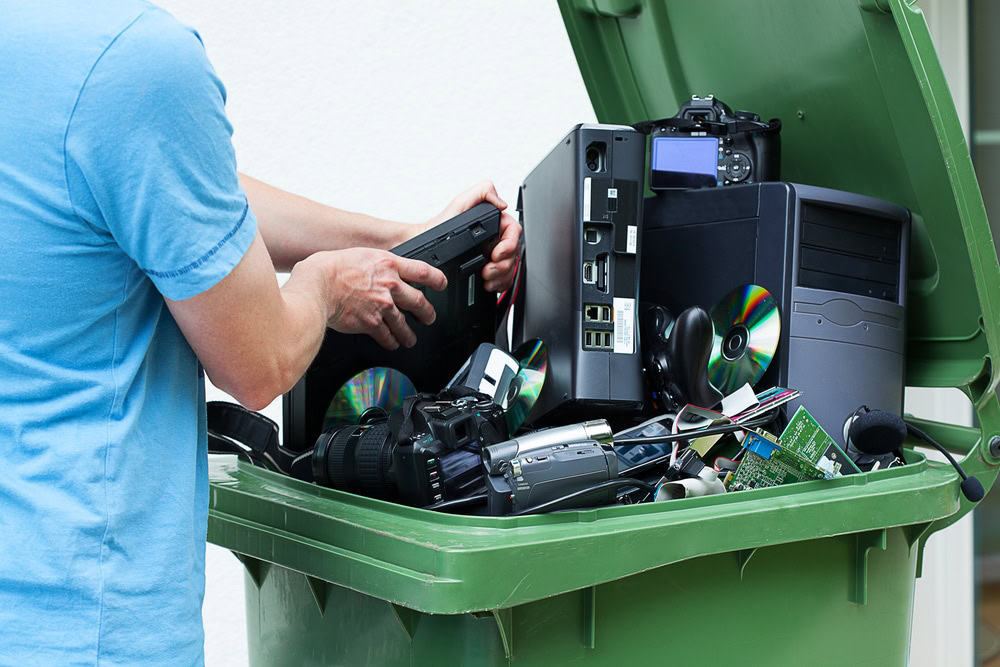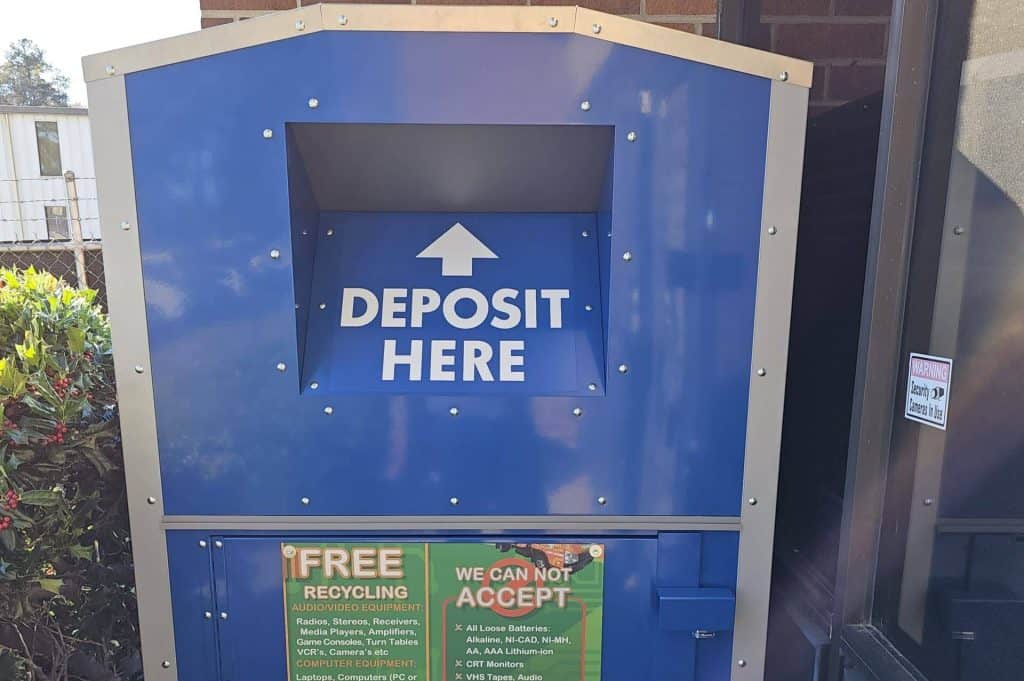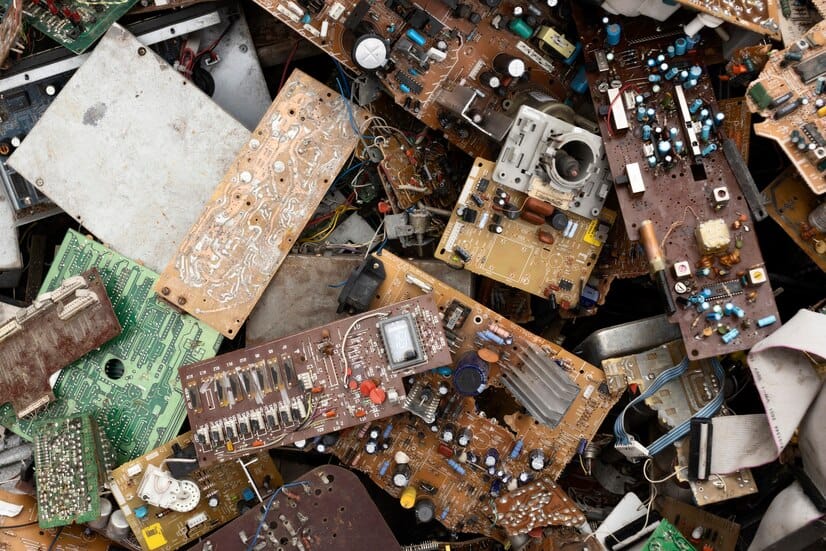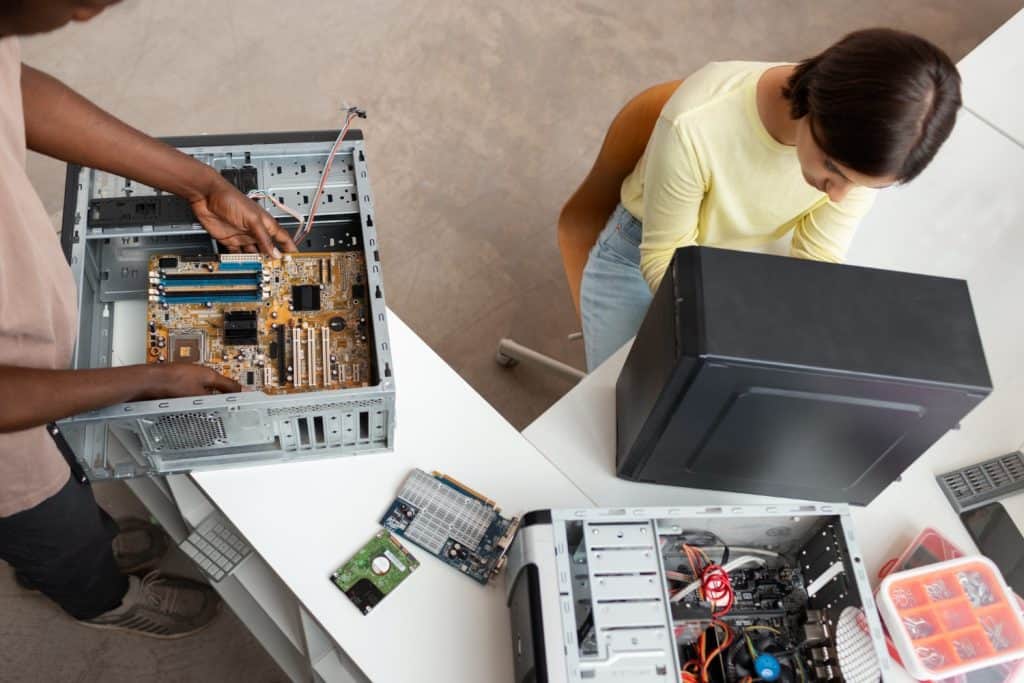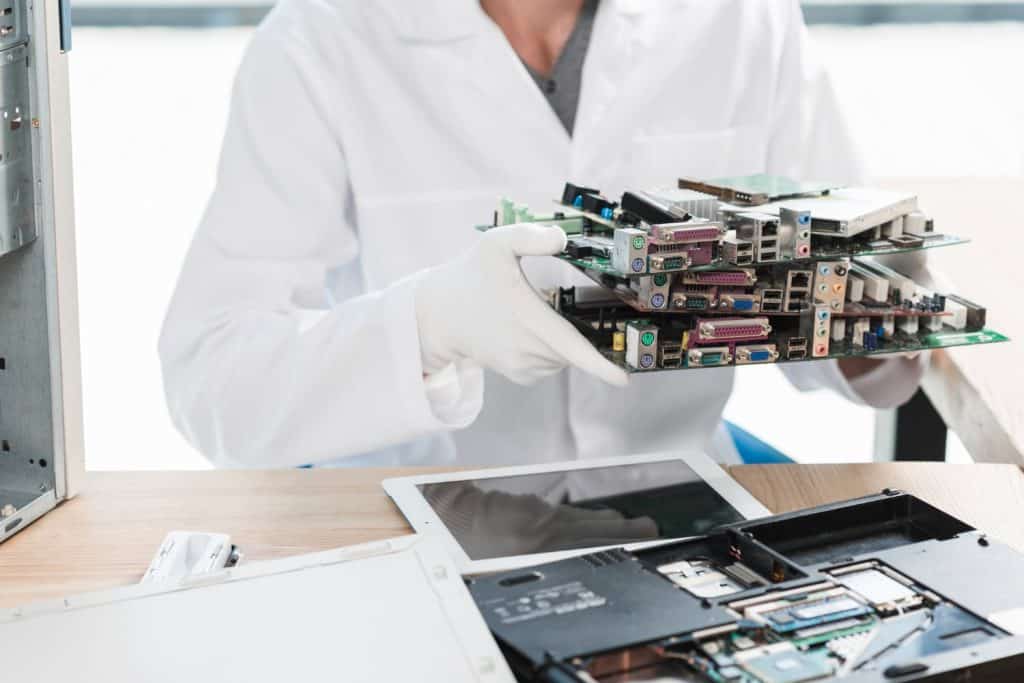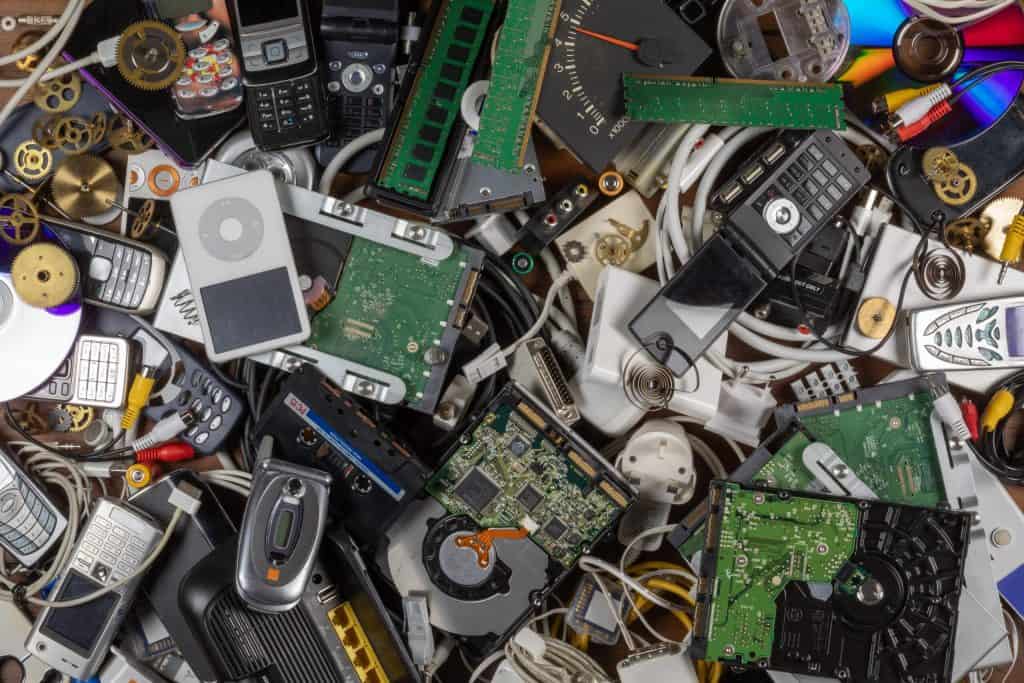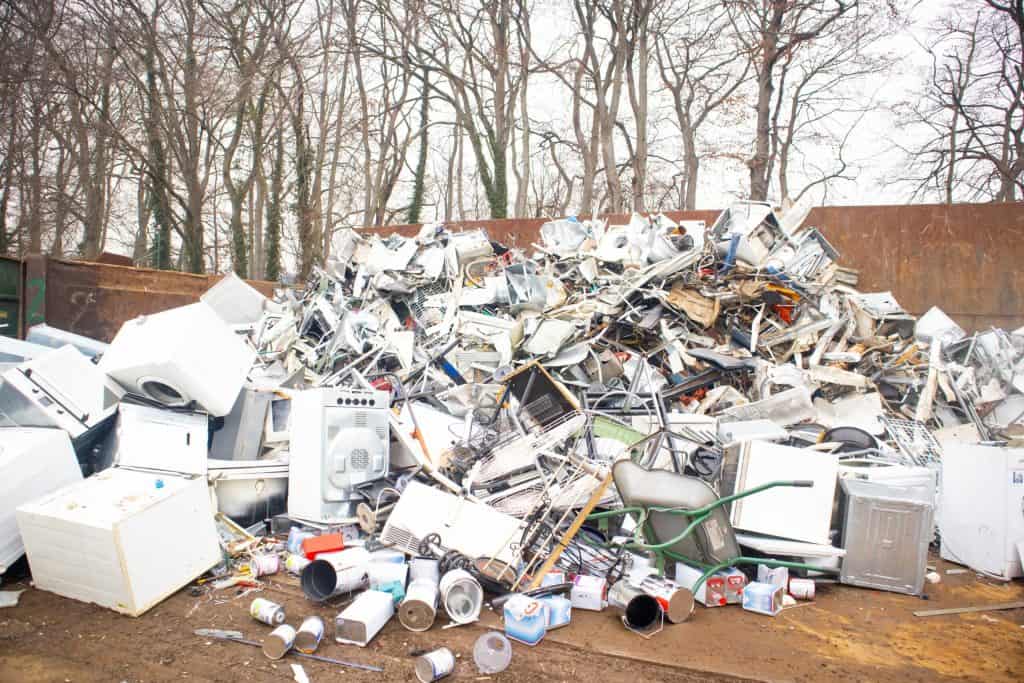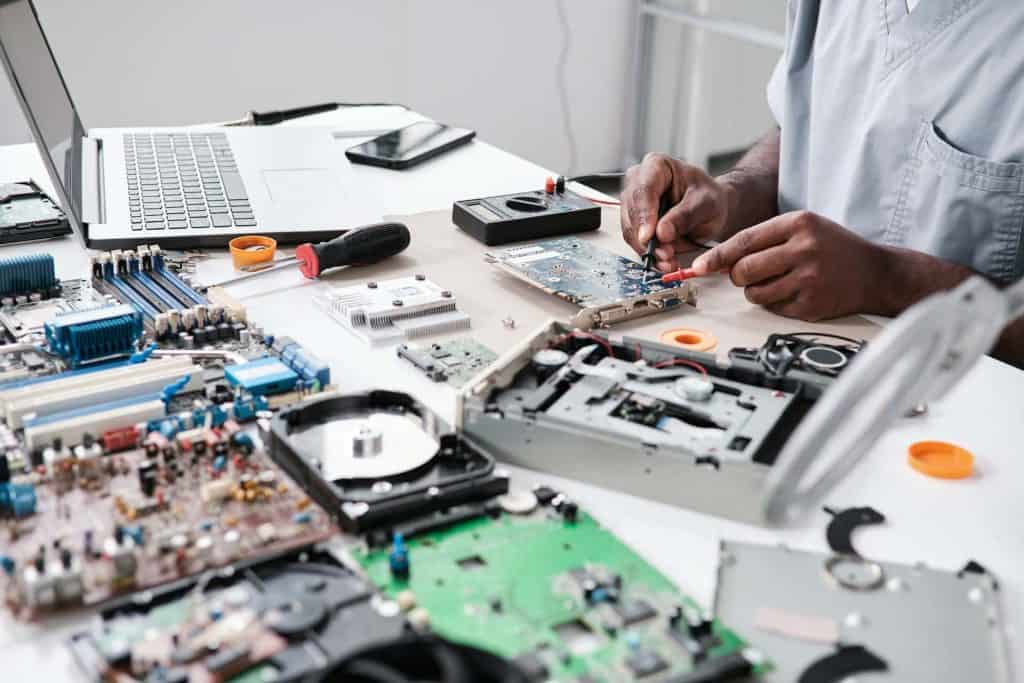Electronic waste or e-waste is becoming an increasingly pressing issue today. With the rapid advancements in technology, electronic devices have become an integral part of our lives. As a result, the accumulation of e-waste has also increased significantly. Improper disposal of e-waste can have a detrimental impact on the environment and human health.
It is crucial to adopt responsible e-waste management practices, especially in educational institutions. Schools can play a significant role in promoting sustainable practices and reducing e-waste. This article outlines the steps that schools can take towards responsible e-waste management.
1. Conduct an E-waste Audit
The first step towards responsible e-waste management is to conduct an e-waste audit. This audit will help identify the types and quantity of electronic devices in the school. The audit should include all electronic devices, including computers, laptops, tablets, printers, and mobile phones. The audit will also help identify the condition of the devices and determine which devices can be reused, recycled, or disposed of. The information gathered from the audit will help develop an e-waste management plan that is specific to the school’s needs.
2. Develop an E-waste Management Plan
Based on the information gathered from the e-waste audit, the school should develop an e-waste management plan. The plan should outline the procedures for disposing of electronic devices, including the segregation of devices that can be reused, recycled, or disposed of. The plan should also include guidelines for the safe handling and disposal of e-waste. It is essential to involve all stakeholders in the development of the plan, including teachers, students, and IT staff. The plan should be regularly updated and communicated to all stakeholders to ensure its effectiveness.
3. Implement a Reuse Program
One of the most effective ways to reduce e-waste is to implement a reuse program. Devices that are still in good working condition can be reused within the school or donated to other institutions. The school can set up a system where devices can be refurbished and reused in computer labs or classrooms. By implementing a reuse program, the school can reduce the amount of e-waste that is generated and save on costs for new devices.
4. Partner with a Certified E-waste Recycler
Proper disposal of e-waste is crucial to prevent environmental damage and protect human health. Schools should partner with a certified e-waste recycler to dispose of electronic devices that cannot be reused. The recycler should be certified and follow strict environmental and safety regulations. The school should ensure that the recycler has a proper e-waste disposal process and does not engage in any illegal practices. The partnership with a certified e-waste recycler will ensure that e-waste is disposed of responsibly.

5. Educate Students and Staff
Schools should educate students and staff on the importance of e-waste management and the impact of improper disposal. The school can organize awareness campaigns, workshops, and seminars to educate stakeholders on e-waste management. Students can also be involved in the e-waste management process by participating in the reuse program or volunteering for e-waste collection drives.
6. Implement a Collection Program
Schools can implement a collection program for e-waste to encourage responsible disposal of electronic devices. The program can involve setting up collection bins in strategic locations around the school. The bins should be labeled and easily accessible to students and staff. The school can also organize e-waste collection drives where students and staff can bring in their electronic devices for disposal. The collection program will make it easier for stakeholders to dispose of e-waste responsibly.
7. Monitor and Evaluate
The effectiveness of the e-waste management plan should be monitored and evaluated regularly. The school should keep track of the amount of e-waste generated and the amount that is reused, recycled, or disposed of. The school can also conduct surveys to gather feedback from stakeholders on the e-waste management plan. The evaluation will help identify areas that need improvement and ensure that the e-waste management plan is effective.
Conclusion
Responsible e-waste management is crucial for promoting sustainability and protecting the environment. Schools can play a significant role in reducing e-waste by adopting responsible e-waste management practices. By promoting responsible e-waste management practices, schools can create a sustainable future for generations to come.
Ready to securely dispose of your old electronics and IT equipment? Look no further than ReWorx Recycling! With our expert data destruction and services in e-waste recycling in Sacramento, you can trust us to handle your sensitive information and keep our planet green. Contact us today to schedule your pick-up!


